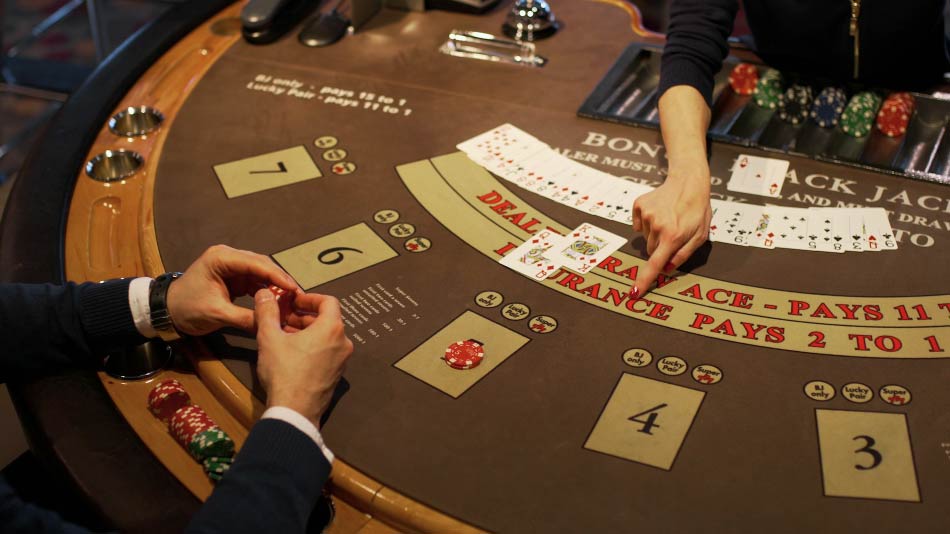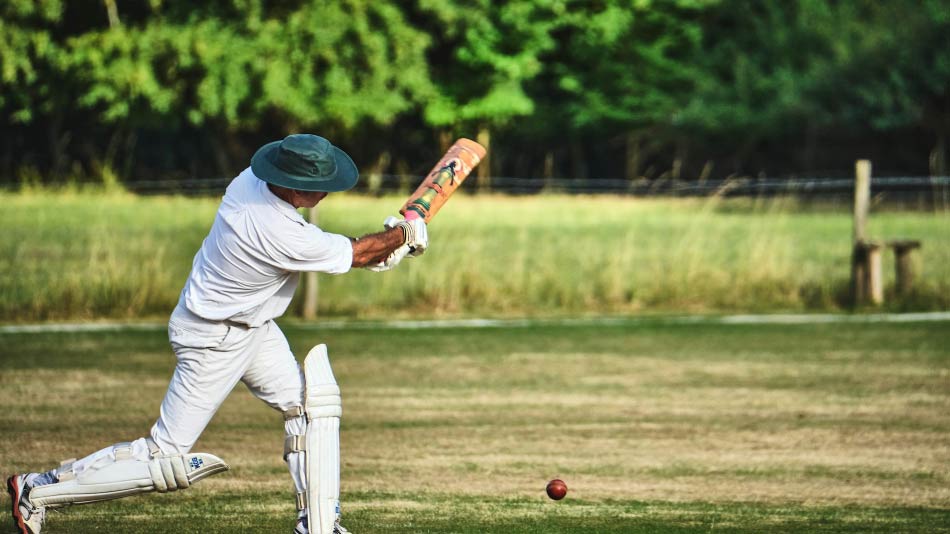The social impact of gambling in Asia, particularly in Sri Lanka, presents a complex scenario characterized by cultural, regulatory, and societal challenges. In Asia, gambling has become increasingly popular, with different countries exhibiting varied patterns in terms of regulations, demographics, and gambling preferences.

This article delves into the social impact of gambling in Asia, with a focus on Sri Lanka, and highlights the commendable efforts of Mega Casino World Sri Lanka in implementing responsible gambling policies
The Cultural Context of Gambling in Asia
Gambling isn’t just a pastime; it’s a cultural event in Asia. Historically, various forms of gambling have been a social activity, often associated with festivals and community events. However, transitioning from traditional, small-scale gambling to modern, large-scale operations has significantly altered the landscape. This shift has introduced new challenges and necessitated adopting responsible gambling measures to safeguard individuals and communities.
The Social Impact of Gambling
The proliferation of gambling in Asia has had a profound impact on the social fabric. It has contributed to economic growth, tourism, and entertainment. On the other, it has led to issues such as addiction, financial strain, and social problems. The need to balance these outcomes is where responsible gambling practices come into play.


Sri Lanka’s Gambling Scene
Malaysia presents an interesting case with its unique blend of cultural diversity and legal restrictions on gambling. Despite legal limitations, gambling remains popular, and the advent of online platforms like MCW Sri Lanka has made access easier than ever. This increased accessibility underscores the importance of robust responsible gambling policies.
Japan
In Japan, the online gambling market has transformed significantly since the early 2000s. While the country has been opening its doors to gambling with the introduction of Integrated Resorts, online gambling remains mostly prohibited. There’s a strong preference for mobile gaming among young adults, and concerns about potential problem gambling issues are rising.
India
India’s online gambling scene has witnessed growth in online lotteries and poker, especially among middle-aged individuals. The widespread use of smartphones has facilitated this shift. However, there are concerns about the younger generation developing gambling issues. Regulation varies across states, with some allowing certain forms of online gambling.
Philippines
The Philippines boasts a well-regulated online gambling market governed by the Philippine Amusement and Gaming Corporation (PAGCOR). Responsible gaming programs have been initiated, including guidelines for responsible gaming and self-exclusion programs. These efforts aim to protect vulnerable groups such as young adults, low-income groups, and Overseas Filipino Workers (OFWs).
Singapore
Singapore has largely restricted online gambling, except for some lottery and sports betting products. Despite restrictions, there’s a diverse range of online games available. Through agencies like the National Council on Problem Gambling (NCPG), the government has been proactive in promoting responsible gambling.
South Korea
South Korea faces challenges with illegal online gambling sites, despite strict laws prohibiting gambling for its nationals. The government and non-profit organizations are working to educate the public about the risks of gambling addiction and provide resources for those struggling with it.
China
In China, most forms of gambling are illegal, barring state-run lotteries. The government has increased efforts to curb illicit activities and protect citizens from potential harm associated with offshore gambling. However, the focus on responsible gambling within China is minimal.
Malaysia
Online casinos in Malaysia are more of a grey area. They have strict rules regarding casinos because the majority of the population are Muslims. The main act governing gambling is Common Gaming Houses Act 1953.
MCW Sri Lanka’s Responsible Gambling Policies
MCW Sri Lanka, a popular online gambling platform in Sri Lanka, has taken significant steps to promote responsible gambling, mirroring the policies. Key aspects of these policies include:
Deposit Limits: MCW Sri Lanka has implemented strict deposit limits to prevent excessive gambling. Players are encouraged to set their limits, ensuring they don’t spend beyond their means.
Age Restrictions: MCW Sri Lanka enforces strict age restrictions, allowing only individuals who are legally of age to participate. This helps protect minors from the potential harms of gambling.
Self-Assessment and Help Resources: The platform provides self-assessment tools and links to resources for individuals who might be struggling with gambling addiction. This proactive approach is crucial in identifying and addressing problem gambling early on.
Time-Out and Self-Exclusion: Players can take a breakthrough time-out period or self-exclude entirely if they feel they’re losing control. These tools are vital for providing a safety net for at-risk individuals.
The Impact of Responsible Gambling Policies
Responsible gambling policies, such as those implemented by MCW Sri Lanka, have a tangible impact on the community. They help create a safer gambling environment, reduce the risk of addiction, and provide support for those in need. While these policies are not a panacea, they are a significant step forward in mitigating the potential negative effects of gambling.
The Role of Government and Society
The government is critical in regulating the gambling industry and ensuring operators adhere to responsible gambling practices. However, the responsibility doesn’t lie with regulators alone. Society, including families and community organizations, must also engage in open conversations about the risks and realities of gambling.
The Impact on Asian Families
Gambling’s impact on Asian families, particularly in New Zealand, offers insights into the broader Asian context. It affects mental health, with problem gamblers employing dysfunctional coping strategies. Financial stress and family stress due to cultural and language differences, acculturation, and settlement challenges contribute significantly to gambling issues. There’s a tendency for social connections to suffer as addiction intensifies, leading to family conflict, financial insecurity, and mental health issues.
Challenges and Future Directions
While many operators like MCW Sri Lanka are taking the initiative, the road to responsible gambling in Asia is fraught with challenges. Issues like unregulated gambling dens, cultural attitudes, and the stigma around seeking help for gambling problems persist. Moving forward, a combined effort from governments, operators, and communities is essential to foster a culture of responsible gambling.
The social impact of gambling in Asia is a complex issue, interwoven with cultural, economic, and legal factors. As the industry continues to grow, especially in countries like Sri Lanka, the importance of responsible gambling cannot be overstated. Operators like MCW Sri Lanka are leading by example, but a collective effort is needed to ensure that gambling remains a safe and enjoyable activity for all. As we navigate this landscape, it’s crucial to remember that the ultimate goal is not to eliminate gambling but to ensure that it’s conducted to respect individual well-being and societal values.




